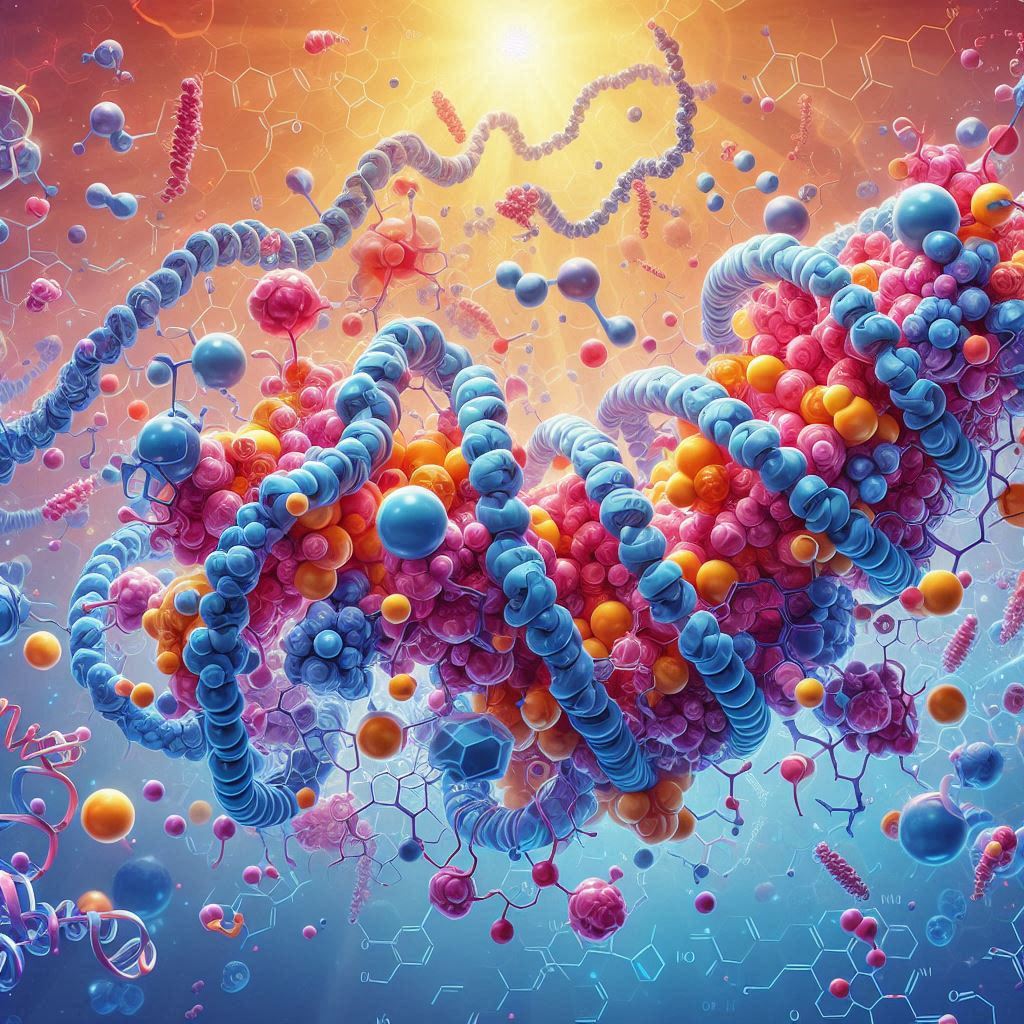
Introduction
Kidney health is a crucial aspect of overall well-being, yet many people are unaware of the intricate factors that can impact kidney function. At NephCure Inc., we are dedicated to shedding light on the complexities of kidney diseases, particularly those linked to genetic factors. In this blog, we will delve into the treatment options for C3 Glomerulopathy and explore the treatment approaches for Apolipoprotein L1 (APOL1) Kidney Disease, providing valuable insights for those affected by these conditions.
C3 Glomerulopathy Treatment
C3 Glomerulopathy is a rare kidney disorder characterized by dysregulation of the complement system, a part of the immune system that helps defend against infections. This dysregulation leads to inflammation and damage in the kidneys’ filtering units, known as glomeruli. There are two main types of C3 Glomerulopathy: Dense Deposit Disease (DDD) and C3 Glomerulonephritis (C3GN).
C3 Glomerulopathy treatment focuses on managing symptoms and slowing disease progression. Some common treatment approaches include:
-
Blood Pressure Management: High blood pressure is a common symptom of C3 Glomerulopathy. Medications such as ACE inhibitors and ARBs are often prescribed to help control blood pressure and reduce kidney damage.
-
Proteinuria Management: Excess protein in the urine is a hallmark of C3 Glomerulopathy. Medications like ACE inhibitors and ARBs can help reduce proteinuria.
-
Cholesterol Management: High levels of cholesterol can exacerbate kidney damage. Statins are often prescribed to lower cholesterol levels and reduce the risk of heart disease.
-
Immunosuppressive Therapy: In cases where C3 Glomerulopathy is caused by autoantibodies, immunosuppressive drugs such as corticosteroids, rituximab, and cyclophosphamide may be used to calm the immune system and reduce inflammation.
-
Plasma Exchange: This procedure involves removing plasma from the blood and replacing it with fresh plasma to remove harmful autoantibodies.
-
Kidney Transplant: In advanced cases, a kidney transplant may be considered. This involves replacing the damaged kidney with a healthy kidney from a donor.
Apolipoprotein L1 Treatment
Apolipoprotein L1 (APOL1) Kidney Disease is a collection of kidney diseases associated with specific forms of the APOL1 gene. These gene variants are predominantly found in individuals of African descent and are linked to an increased risk of kidney diseases such as focal segmental glomerulosclerosis (FSGS) and HIV-associated nephropathy (HIVAN).
Apolipoprotein L1 treatment focuses on managing symptoms and slowing disease progression. Some common treatment approaches include:
-
Blood Pressure Management: High blood pressure is a common symptom of APOL1 Kidney Disease. Medications such as ACE inhibitors and ARBs are often prescribed to help control blood pressure and reduce kidney damage.
-
Proteinuria Management: Excess protein in the urine is a hallmark of APOL1 Kidney Disease. Medications like ACE inhibitors and ARBs can help reduce proteinuria.
-
Diabetes Management: For individuals with diabetes, controlling blood sugar levels is crucial to prevent further kidney damage. Medications, lifestyle changes, and dietary modifications are often recommended.
-
Dietary Changes: A kidney-friendly diet can help manage symptoms and slow disease progression. This may include reducing sodium intake, limiting protein consumption, and avoiding foods high in potassium and phosphorus.
-
Medications: In some cases, medications to reduce inflammation and immune system activity may be prescribed. These can help manage symptoms and slow disease progression.
-
Kidney Transplant: In advanced cases, a kidney transplant may be considered. This involves replacing the damaged kidney with a healthy kidney from a donor.
Conclusion
Understanding the treatment options for C3 Glomerulopathy and APOL1 Kidney Disease is essential for early detection and effective management. At NephCure Inc., we are committed to providing valuable information and support to those affected by these conditions. By raising awareness and promoting research, we aim to improve the lives of individuals living with kidney diseases.
If you or someone you know is experiencing symptoms related to C3 Glomerulopathy or APOL1 Kidney Disease, it is important to seek medical advice and explore available treatment options. Together, we can work towards better kidney health and a brighter future.




Leave a Reply